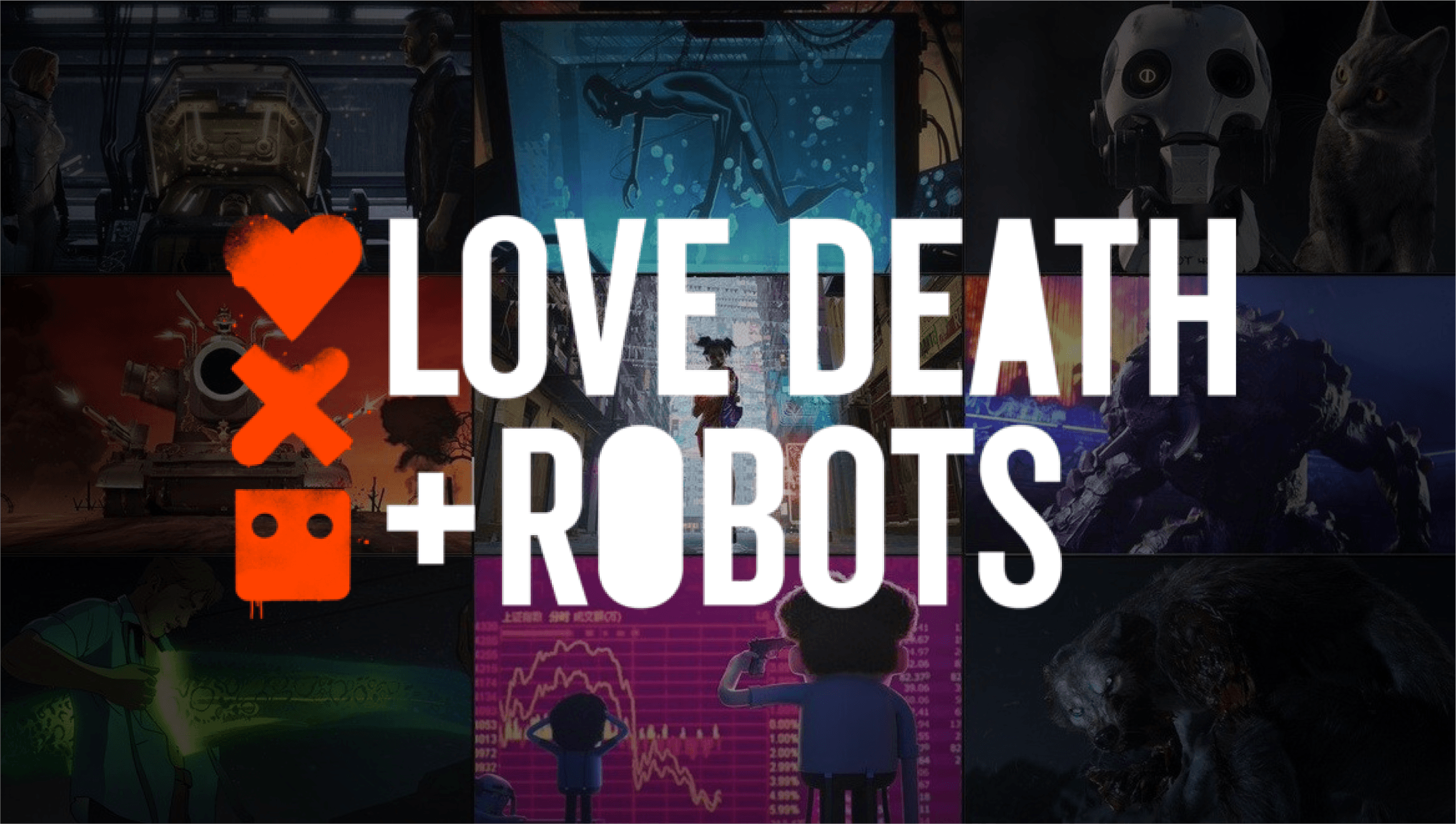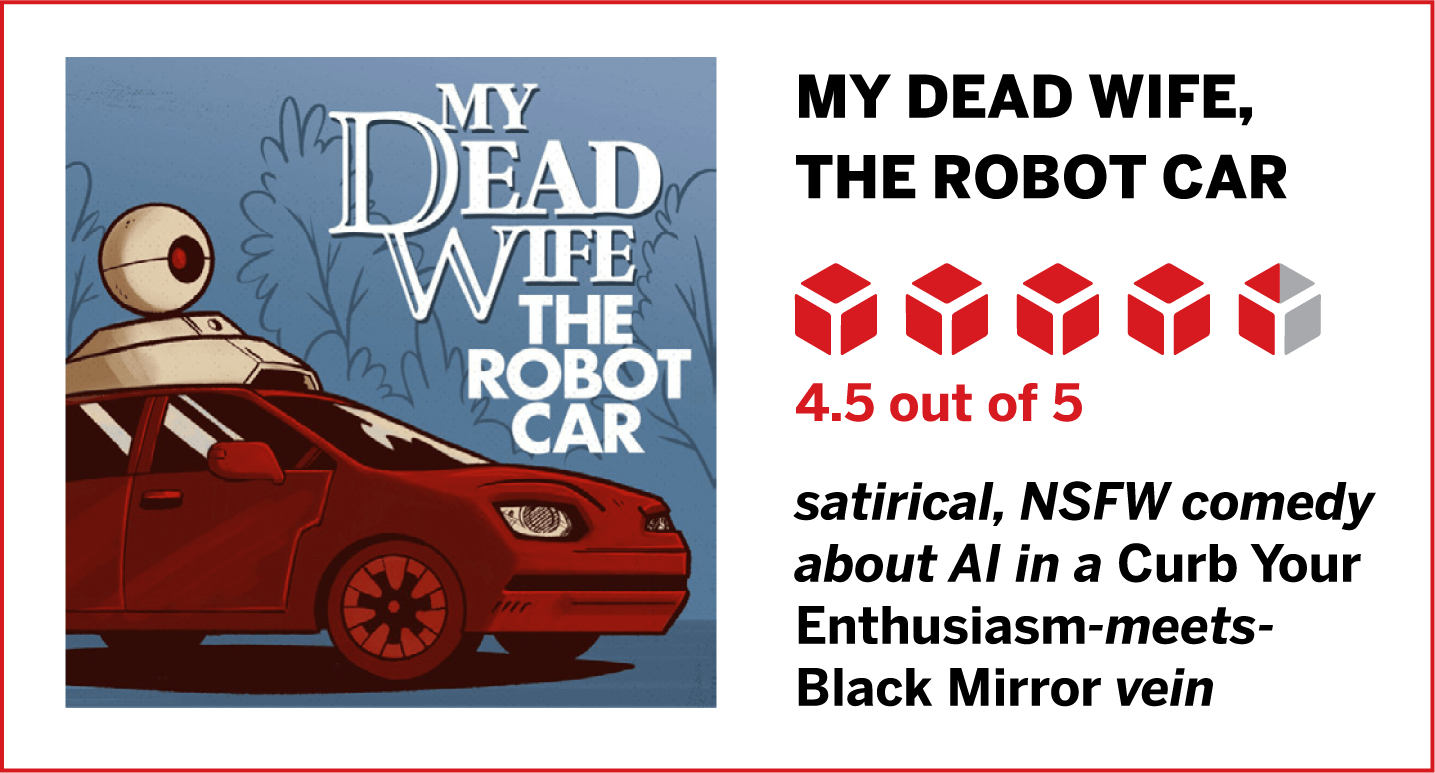MIT ARTIFICIAL INTELLIGENCE

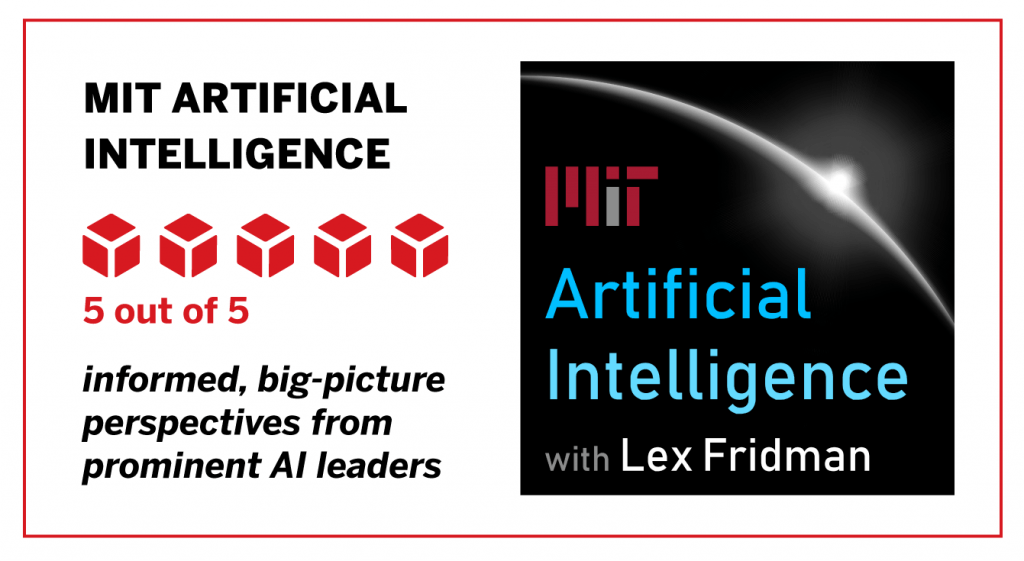
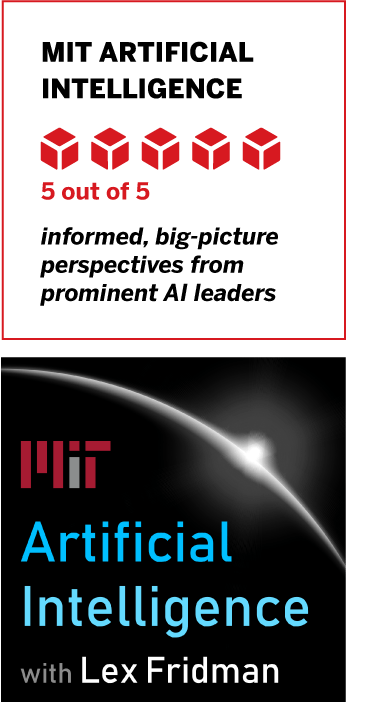
General-interest journalists love to score interviews with prominent technologists, futurists and other visionaries. But it’s not easy to ask the right questions or understand the answers on the fly.
That’s why asking an expert to interview a peer can produce satisfying results. Author and futurist Martin Ford, for example, speaks the same technical language as his subjects in 23 interviews with AI luminaries in his book Architects of Intelligence (see p.14). Lex Fridman, a Massachusetts Institute of Technology instructor and research scientist, does the same in the MIT Artificial Intelligence podcast.
Fridman works on human-centered artificial intelligence, specializing in deep learning approaches to self-driving cars with a human in the loop. His work focuses on building intelligent systems that have real-world applications. Before joining MIT, he worked at Google on machine learning for large-scale behavior- based authentication.
Invoking MIT’s highly regarded name and backing it with Fridman’s expertise attracts stellar interviewees for the 30- to 90-minute podcasts. They include some of the most interesting people in the world, and they
think about AI from perspectives that include machine learning, robotics, neuroscience, philosophy, psychology, economics, physics, mathematics and cognitive sciences.
Invariably, Fridman’s own command of those subjects somehow helps his guests express their genius in language accessible to the layman, including investors, seeking to make sense of the challenges and opportunities that lie ahead for AI, automation and robotics-focused companies.
Fridman’s interviews with futurist Ray Kurzweil and Google CEO Eric Schmidt are highly recommended. These two episodes were among the best:
Tuomas Sandholm: Poker and Game Theory (December 2018)
Tuomas Sandholm, a professor at Carnegie Mellon University and co-creator of Libratus—the first AI system to beat top human players at the game of heads-up no-limit Texas hold’em, shares of his views of technology (see p. 44).
Elon Musk: Tesla Autopilot (April 2019)
Fridman’s actively researching the real-world problems that arise when autonomous vehicles interact with human drivers and pedestrians. He’s hoping to make autonomous vehicles safer than those with humans at the controls. His session with Elon Musk provided rare insight into the marvelous mind and irrepressible confidence of Tesla’s visionary leader.
When Fridman questions the prudence and safety of Tesla initiatives that would allow autonomous driving virtually anywhere, Musk responds:
Musk: Frankly, I think it’s pretty crazy letting people drive a two-ton death machine manually. In the future…it’s going to seem like a mad thing that people were driving cars.
Fridman: You’re confident with Tesla that you can create the world’s best self-driving (car)?
Musk: Yes, the world’s best self- driving (car). To me right now this seems to be game, set and match. I don’t want to appear to be complacent or overconfident but that’s just literally how it appears right now. I could be wrong, but it appears to be the case that Tesla is vastly ahead of everyone.
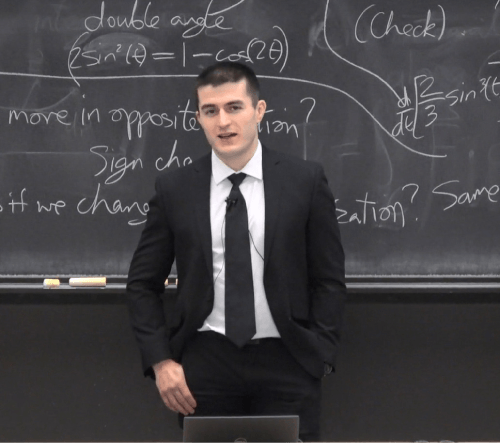
Fridman: Do you think that we will ever create an AI system that we can love, and loves us back in a deep, meaningful way like in the movie Her?
Musk: I think AI will be capable of convincing you to fall in love with it, very well. From a physics standpoint, if it loves you in a way that you can’t tell whether it’s real or not, it is real.
Fridman’s closing question in the interview is followed by an uncomfortably long pause. Musk finally breaks the silence with a stunning four-word reply that reveals the workings of his extraordinary mind. Fridman’s command of deep-learning has helped him probe his subject’s psyche and resulted in an essential podcast for AI theme investors.
—Jeff Joseph


